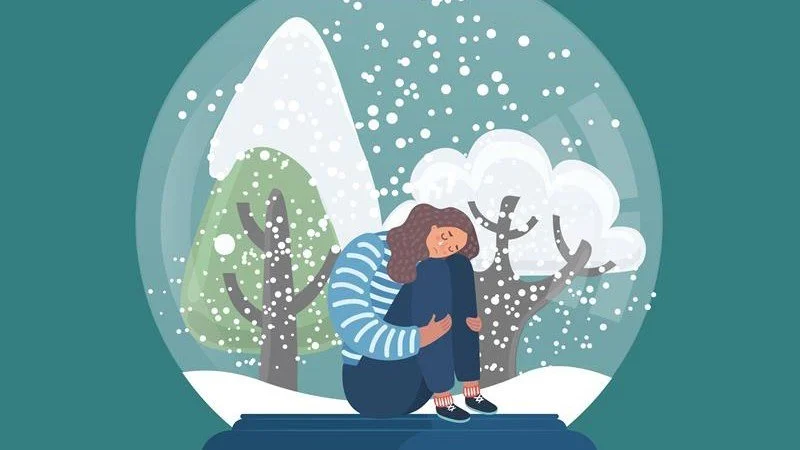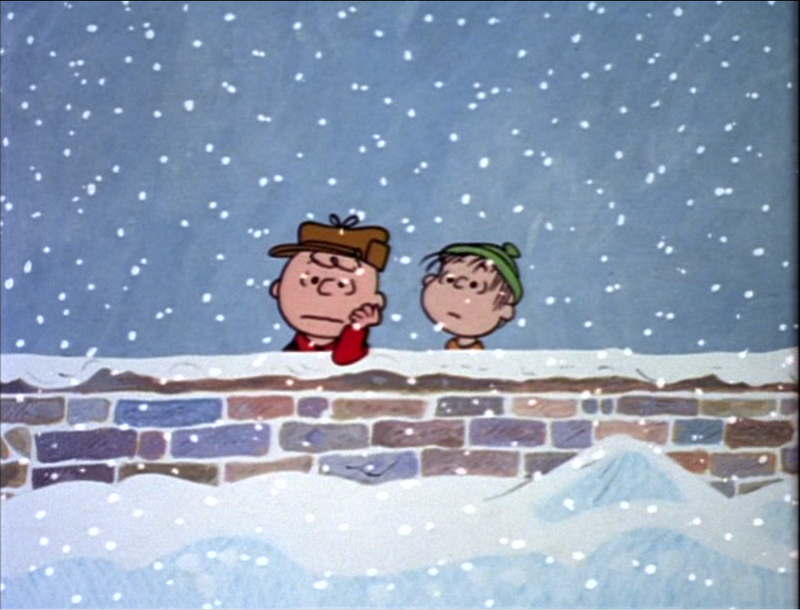SAD 101
What Seasonal Affective Disorder is, why we get it, & how to be gentle with yourself
By Morgan Shelley
In the words of Olivia Rodrigo, “it’s brutal out here.”
Being a college student is more than aesthetic shots of Starbucks drinks, studying in old libraries, and blasting ‘sad girl’ music (although these things can provide comfort). The Fall and Winter seasons can be particularly difficult. Daylight Savings Time ends on November 6th, and we lose a few hours of precious sunlight because the Northern Hemisphere of the Earth is tilted away from the sun. When a lack of vitamin D is added to our plates—many of which are already overflowing with unique challenges—we can find ourselves feeling hopeless, exhausted, and struggling to take care of ourselves, all common symptoms of Seasonal Affective Disorder (SAD).
SAD banner. Credit: The Boots Company PLC
Defined as a type of depression that emerges in response to a change in the seasons by Healthline, Seasonal Affective Disorder is more than just a phase. More common in those assigned female at birth, winter symptoms include daytime fatigue, oversleeping and weight gain. Summer symptoms include agitation, insomnia and weight loss. One symptom both winter and summer SAD have in common is depression. Most research and therapies are geared toward winter symptoms as they tend to be more prevalent, especially in northern states like Minnesota.
Because depression is not a one-size-fits-all experience, causes of SAD can vary from person to person. Some of us struggle with abnormal levels of serotonin—a hormone that improves mood—and melatonin—a hormone that makes us sleepy. Some live farther away from the equator and don’t get adequate sunlight. Others may have personal trauma associated with specific seasons. Feeling sad or low every once in a while is normal, but depression is a serious, ongoing mental health condition that can impact your ability to function on a daily basis. If you are a college student experiencing depression symptoms, you are not alone. The most important thing we can do when our mental health changes is meet ourselves where we are.
Charlie Brown and Linus van Pelt in A Charlie Brown Christmas. Credit: United Feature Syndicate, Inc.
If you struggle seasonally or year-round with symptoms associated with SAD or other mental health conditions, St. Kate’s has resources that can help! Check out Lauren and Mandy’s article on places to seek help on campus and their benefits.
Sometimes, counseling, medication and other therapies can only do so much to help with depression. College is one of the most time-sensitive, time-consuming periods of our lives. It is important to remember that time is constant, but your energy is not (and if you experience SAD symptoms, your energy is even more finite). The time you spend genuinely resting—not just scrolling through your preferred social media platform—is just as valuable as the time you spend studying for an exam or working a shift at your job. Rest allows our often overworked bodies to recharge and recover before we continue moving forward.
Maybe you like to take one personal day per week to spend time with someone important to you (friendly reminder: you count as someone, time alone is valid). Maybe you have a hard deadline for what time you turn your computer off during the weekdays, so you don’t forget to go outside. Perhaps you bake, read, or watch A Charlie Brown Christmas once a day during the month of December like me because you relate to Charlie Brown not feeling the way he’s “supposed to feel” during the most wonderful time of the year. It could be tarot cards, yoga, video games, organizing your room, even washing your face every morning—whatever makes you feel good. You know yourself better than anyone, and you know what you need to do to feel your best.
Recently, I have turned to podcasts when I need a break from society. A large carnivore ecologist named Rae Wynn-Grant recently gave advice on my favorite science podcast (Ologies with Alie Ward, you’re welcome) that I believe all college students should hear at least once in their educational career. “Your passion is more important than your performance...take care of yourself.” We live in a society driven by deadlines and obligations. When we fail to set boundaries, those deadlines and obligations drive us. If you are experiencing what I call low tide, offer yourself grace and balance your respective needs as often as possible. Listen to your body, do that thing you’ve wanted to do since last weekend, and remember that your performance is not meant to be compared to everyone else’s.
We are all trying our best, so be gentle with yourself no matter where you are.
A snowy sunset in the library parking lot. Credit: The Wheel









